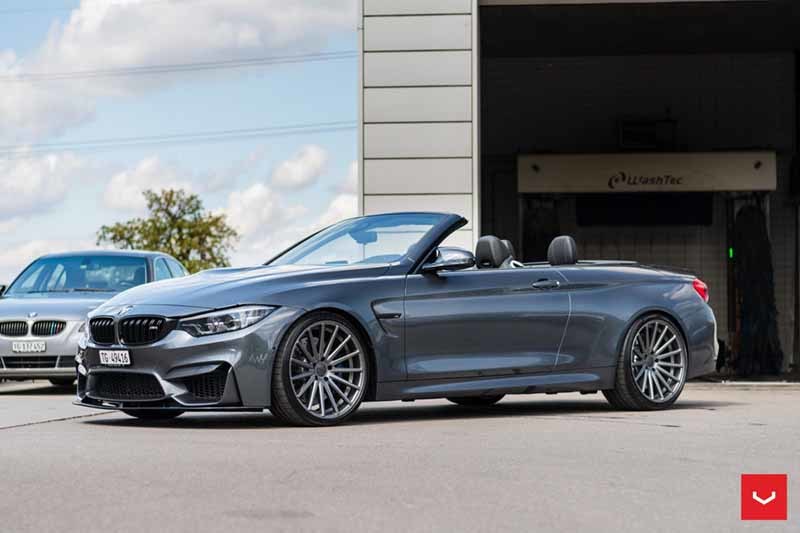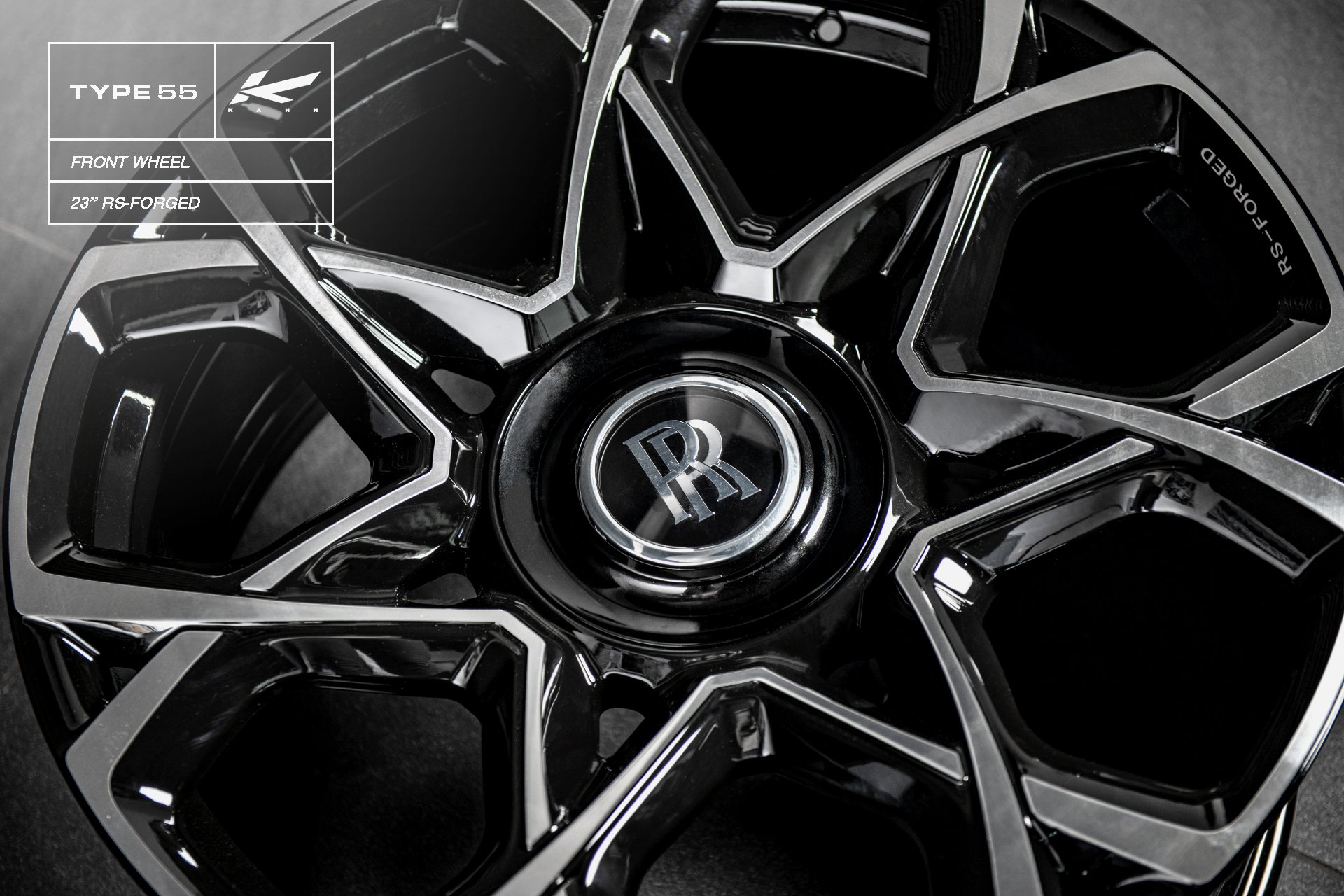Types and features of alloy wheels

Any car rims have their advantages and disadvantages. They can be selected in accordance with the driving style, weather conditions, vehicle characteristics. In the modern automotive world, alloy wheels have taken the lead, replacing the relatively inexpensive, sometimes ugly steel workhorses.
Features alloy wheels
Alloy wheels have become the standard for almost all new cars coming off the assembly line due to their aesthetic and operational advantages. Aluminum alloy wheels are cast in various shapes. The variety of their design allows the owner to give his car more originality in accordance with the individual design.
Cast rims are typically made from an alloy of aluminum with other metals such as magnesium or nickel. Installing a set of alloy wheels on a vehicle is one of the simplest, but nonetheless effective ways to improve the technical efficiency and exterior of the car. There are several advantages in favor of alloy wheels and their installation on cars.
In addition to aluminum, alloys with magnesium or nickel are used to produce such disks. Casting is carried out in three ways:
- High pressure casting. Disks obtained in this way are cheaper, improved corrosion resistance, but less ductile and less durable;
- Low pressure casting. Using the best low-pressure casting methods allows achieving better performance in comparison with high-pressure casting of any aluminum alloys, but there is still a minus in ductility before forged and stamped;
- Gravity casting. Good ductility, comparative low cost of production, design flexibility and short lead times. It is used for individual orders and small batch production.
The benefits of alloy wheels
One of the main advantages of aluminum alloy wheels is that they are usually, but not always, lighter than steel counterparts. Such discs reduce the mass of the unsprung suspension. Installing light alloy wheels improves steering response and maneuverability, especially during aggressive driving.
The characteristics of aluminum alloys provide much higher resistance to bending than wheels made of other materials, such as steel. Alloy wheels have better thermal conductivity. This contributes to better heat dissipation from the brakes, which improves braking performance, especially in difficult driving conditions, reduces the likelihood of reduced efficiency or even failure due to overheating. Another aspect that helps cool the brakes is an open design with better air circulation.
Due to its great popularity, there are many manufacturers on the market, and as a result, a wide selection of alloy wheels from small 13-inch to 18-inch or more. Even considering that some cars have an atypical arrangement of mounting bolts and, therefore, a limited number of relevant models.
The appearance of alloy wheels made of aluminum alloys is an order of magnitude superior to steel counterparts. For them, there are several types of finishes: polished, chrome or painted. There is also the possibility of a personal order of design and decoration, which will further emphasize the originality.
Installing a set of alloy wheels, as a rule, increases the cost of the car, or at least its commercial attractiveness. Due to the numerous advantages of both technical and aesthetic nature, the installation of alloy wheels is considered a plus in pre-sale preparation. Such a purchase will allow the vehicle to be sold more expensive due to a significant improvement in appearance.


Комментарии